
The day’s reading from the Gospel according to Mark (12:1-12) presented the the parable of the farmers and the master of the vineyard. According to the Pope, it “summarizes the history of salvation which Jesus delivers — as we heard — to the chief priests, the scribes, the elders: that is, to the leaders of the people of Israel, to those who held the government of the people in their hands, to those who held the promise of God in their hands”.
Francis noted that “it’s a beautiful Parable”, which “begins with a dream, a project of love: that man who plants the vineyard, sets a hedge around it, digs a pit for the wine press”, and builds a tower. It is “all done with love”. Indeed the man “loves this seedling vineyard” and therefore “rents it out, consigns it” so that it may bear fruit. Then, “when the time comes, he sends a servant to the farmers to collect his share of the harvest”, and there “begins all that we have heard: they club one, beat another, and kill another”. Finally “he sends his son” but those farmers “kill him: that’s how the story ends”.
In the final analysis, the Pope explained, “this story, which seems like a love story, which should trace the steps of love between God and his people”, instead appears to be “a history of failures”. At this point, “God — the Father of the people, who takes this people as they are, for they are a small people and they love Him, they dream with love — seems to fail”. And “this history of salvation can well be called a history of failure”. But “the failure”, the Pontiff said, “begins from the first moment and even in this failure of God’s dream, from the beginning, there is blood — the blood of Abel — and from there it continues: the blood of all the prophets who went to speak to the people, to help protect the vineyard, until the blood of his Son”. However, Francis added, “in the end there is God’s word, which makes us think”.
“What, then, will the master of the vineyard do?”, asked Francis. He answered: “He will come and place his people before the judge”. On this subject, Jesus says “a word that seems somewhat out of place: ‘Have you not read this scripture: The very stone which the builders rejected has become the head of the corner; this was the Lord’s doing, and it is marvellous in our eyes’”. The Pope than clarified that “that history of failure turns around, and what was rejected becomes strength”. Thus, “the prophets, the men of God who spoke to the people, who weren’t listened to, who were rejected, will be his glory”. And “the Son, the last one sent, who was truly cast out, judged, not listened to and killed, will become the cornerstone”.
It is here, then, that “this history, which begins with a dream of love and seems to be a history of love, but then seems to end in a history of failures, ends with the great love of God, who draws forth salvation from rejection; by his outcast Son, He saves us all”.
“Reading in the Bible the many, many lamentations of God” is a beautiful thing, according to the Pontiff. After all, “when God speaks to his people He says: ‘Why do you do this? Remember all that I have done for you: that I chose you, that I set you free. Why do you do this to me?’”. The Father, Francis remarked, “laments, even weeps”. And in the end there is “Jesus weeping over Jerusalem: ‘Jerusalem, Jerusalem, which kills the prophets”. This, the Pope explained, “is the history of a people who cannot free itself from that desire that Satan sowed in the first parents: you will become gods”. It is “a people who don’t know how to obey God, because they want to become gods” in their own right.
This attitude renders them “a closed people, a people whose ministers are rigid”. This is why, the Pope noted, “the end of this passage that we read is sad”, because what emerges is “the rigidity of those priests, of those doctors of the law: they try to capture Jesus in order to kill Him but they were afraid of the crowd”. In fact, “they understand that He told that parable against them”. And thus, “they leave Him and they go”.
“The path of our redemption is a road on which there is no shortage of failures”, the Pontiff acknowledged. Indeed, “even the last, that of the Cross, is a scandal: but precisely there, love wins”. And “that history, which begins with a dream of love and continues with a history of failures, ends in the victory of love: the Cross of Jesus”. Pope Francis asked that we “not forget this path”, even though “it is a difficult path”. But “ours too” is always a difficult path. Thus, “if each one of us examines his conscience, we will see how many times we have cast out the prophets; how many times we have said to Jesus: ‘Go away!’; how many times we have wanted to save ourselves; how many times we have thought of being just”.
“The love of God for his people is manifest in the sacrifice of his Son who we will now celebrate once again, truly”, Francis said before taking up the Eucharistic celebration. “When He descends upon the altar and we offer Him to the Father, it will do us good to remember this story of love which seems to fail but wins in the end”. Therefore it is important “to remember, in the history of our life, that seed of love which God has sown in us”. And as a result, “to do what Jesus did on our behalf: He humbled Himself”. Thus, we too, the Pope concluded, “will do well to humble ourselves before this Lord who now comes to celebrate with us the remembrance of his victory.

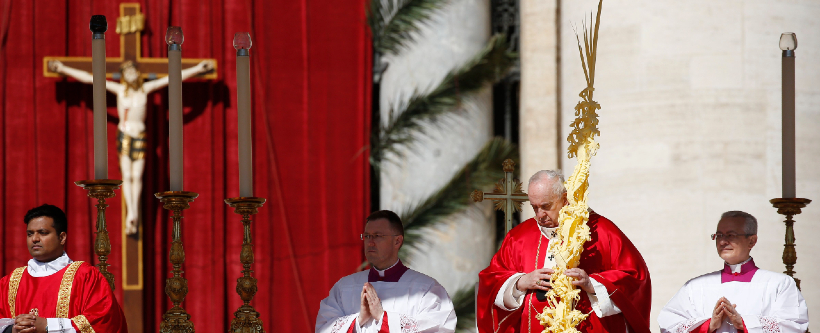
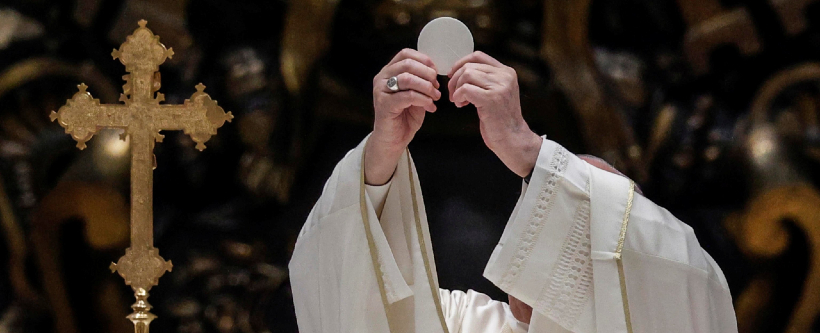
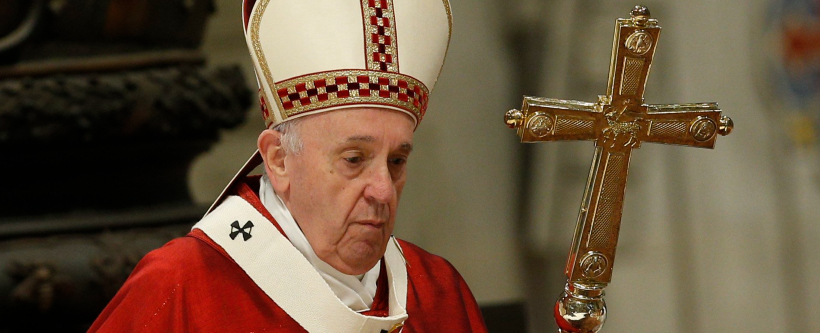
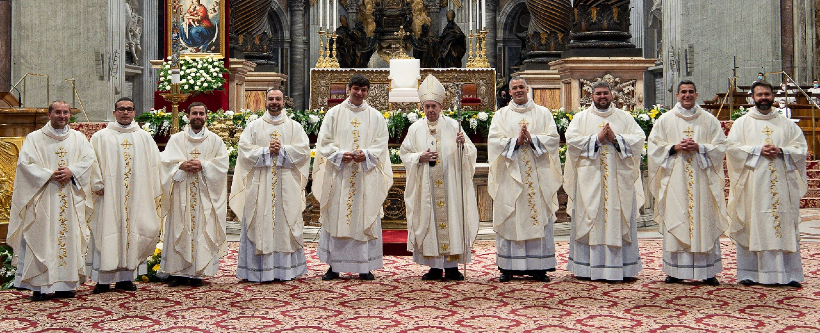
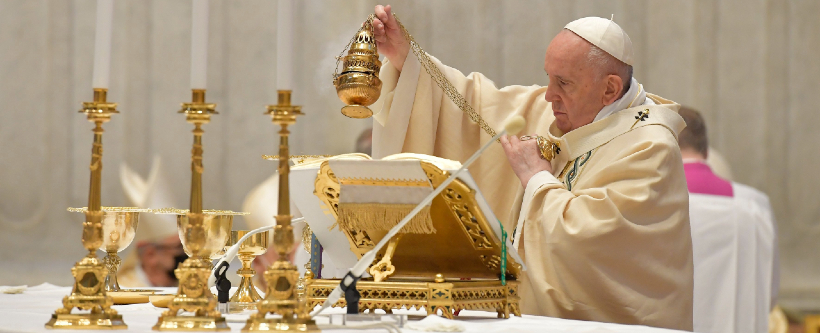
Facebook Comments